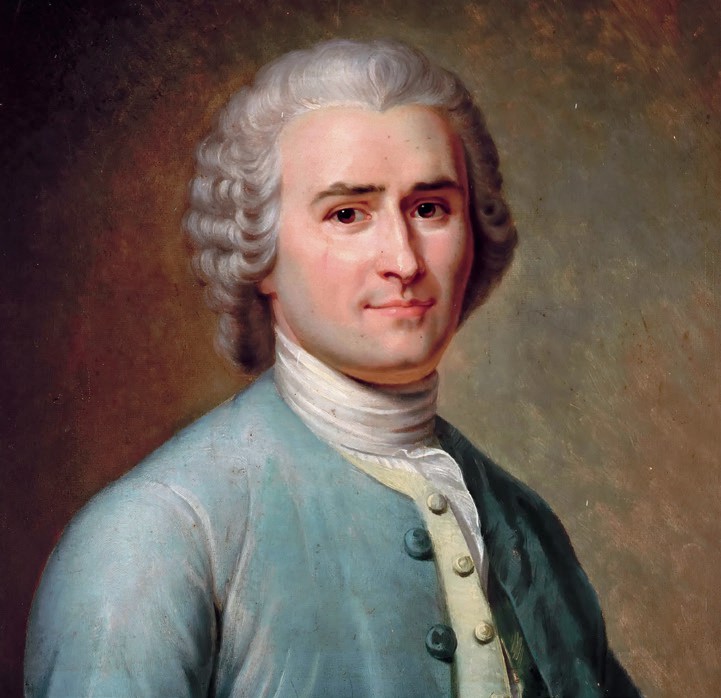
Rousseau was a Genevan philosopher whose political ideas influenced the progress of the Enlightenment and liberal thought. Rousseau’s key work is The Social Contract (1762), which contains a number of his key ideas. First, that patriotism and civic pride are essential in both the creation and reinforcement of the national state. Second, only individuals who possess such a national identity would enjoy sufficient unity to create a single consciousness necessary for a nation state. Such a national spirit will unite and form a basic democracy.
Mazzini was a key figure in the creation of a united Italy in 1860 and some of his main ideas were contained in his work, On Nationality (1852). He argued that a nation could only describe itself as free if it were a pure democracy. He also thought that the collective freedom of the nation was more important than the establishment of individual liberty, which brought him into conflict with liberalism. For Mazzini, individuals could only express themselves via their nation state.
Your organisation does not have access to this article.
Sign up today to give your students the edge they need to achieve their best grades with subject expertise
Subscribe




